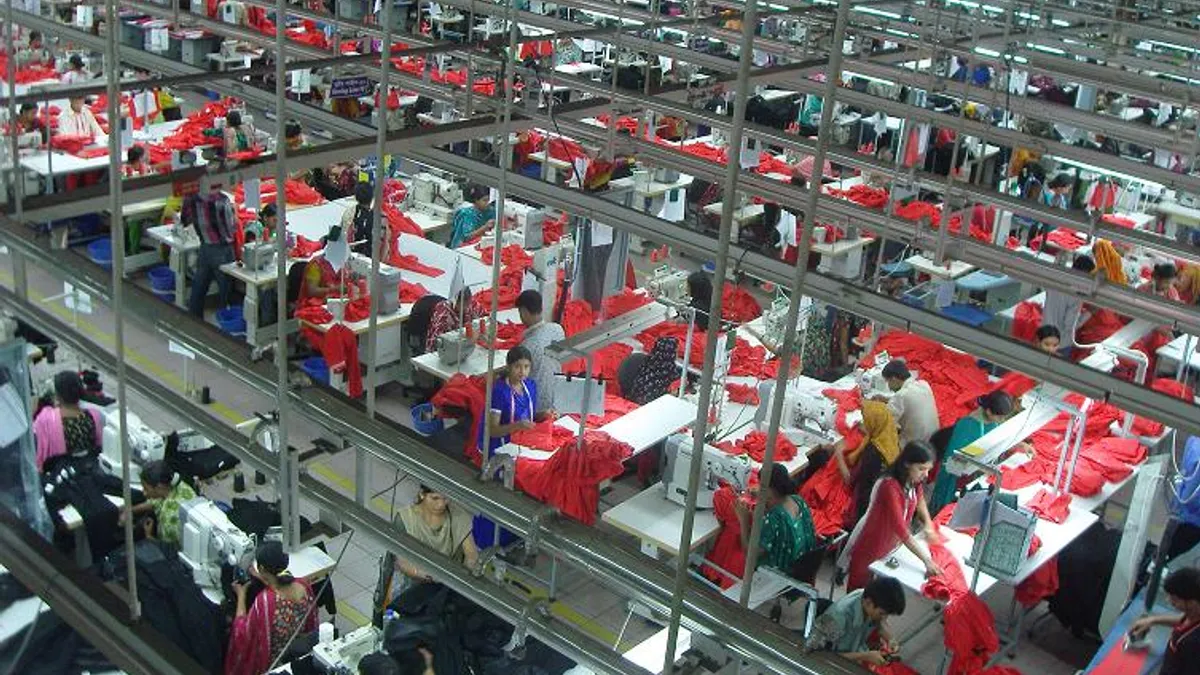Dive Brief:
- AsiaInspection, which performs supplier audits, production inspections and lab testing, found ethical progress in factories has stagnated since the second quarter of 2018, indicating "brands and manufacturers are gradually growing complacent."
- The timing of the drop-off in ethical progress aligns with "tariff and protectionism concerns [taking] center stage," according to the report.
- Working hours and wages continue to be the most pressing ethical concerns. Scores in waste management have also deteriorated, but as a result of tightened standards rather than deteriorating progress, AsiaInspection said.
Dive Insight:
Are supply chain ethics becoming a casualty of the trade wars? No. There have been ethical issues in the global supply chain before the trade wars, and there will be ethical issues after trade peace is declared.
While there are islands of ethics throughout the supply chain, the rising tide of ethical shenanigans are beginning to swamp those shores. Trade wars are just the latest excuse for poor behavior.
Ethics in the global supply chain are looked upon through a different lens. What may pass for strong ethics in one country or region may be considered criminal in another, making standardized audits all the more difficult. Cultural norms certainly impact ethics, as do politics and economics. Will trade wars, or other economic pressures, create yet another breeding ground for poor ethical behavior? Human behavior says most likely.
I am confident ethics for traditional buyer and seller relationships are baked into many organizations, especially ones that are larger and more sophisticated. As a lifetime member of the Institute for Supply Management, I have generally followed their Principles and Standards of Supply Management Conduct throughout my career. Yet, I have seen blatant ethical breaches with supply chain colleagues over the years that made my skin crawl. In one job, my boss was the biggest culprit, bragging about supplier-paid family vacations.
I have seen reasonable ethics on the sell side, with suppliers typically reflecting my own ethical standards. Sure, there were soft areas with suppliers out of my control throwing around gifts to engineers and facilities managers who specify product or services. Internal ethics training in many organizations educate those in positions of influence to recognize ethical challenges, but it does not eliminate them.
Sadly, ethical issues in the extended supply chain are outside of the influence of most supply chain managers. Perhaps the best way to fight an ethical decline is to keep their own house in order and lead by example. At least they will be able to sleep at night.














